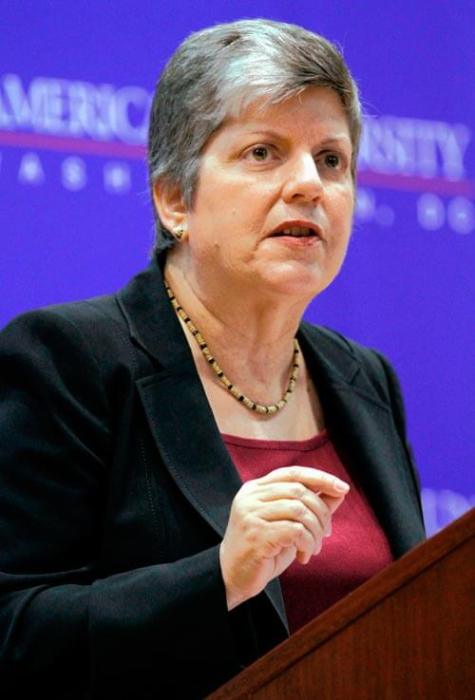The Guyana-based Caribbean Community (CARICOM) Secretariat is likely to shortly send home some staff members, cut back on travel and find other ways of trimming its operating budget that has been frozen for the past three years, as cash-strapped member states complain about their inability to meet annual contributions, officials disclosed last weekend.
The regional community’s Council of Ministers, second only to Caribbean leaders, is scheduled to make a second attempt at agreeing on a budget for 2011 when they meet in Grenada on Feb. 24, a day before presidents and prime ministers hold their mid-year, two-day review summit on the Eastern Caribbean island.
Ministers had failed to agree on a budget for this year at their first attempt during sessions in Guyana in December. The budget the secretariat has been operating with since 2008 is about $18M. Given annual inflation levels, this means that even less money is available to meet commitments.
Officials said that several member states have failed to pay their full contribution to the collective budget in recent years, citing the ongoing global recession as the main reason for only meeting 67 percent of allocations last year. Eighty percent of the bnudghet goes towards salaries and other emoluments for the 200-plus staff at the secretariat. Cuts are therefore inevitable if trends continue, officials say.
Trade Chief Irwin LaRocque said that “no firm decision has been taken on anything as yet, as we are looking at various options to deal with the situation.” He gave no further details.
One decision taken so far is the ditching of an annexed building immediately north of the main secretariat headquarters that would save $25,000 monthly in rent, in addition to water, electricity and other bills.
Officials also say travel to service more than 100 meetings a year in a region scattered from Suriname in South America to Belize in Central America will have to be cut back and greater use made of technology like video conference and Skype.
Some of the senior functionaries with institutional memory dating back to 1970s will be retained but a few dozen other staff members are more than likely to be jettisoned. To ease anxieties and avoid issuing pink slips, staffers have been asked to come up with suggestions to cut back operating costs including bracing for salary cuts and significant amendments to allowances like housing subsidies that are reserved for expatriate staffers.
The leaders are also likely to name a new secretary general to replace Tobago-born Edwin Carrington who retired abruptly last year after serving for almost four five-year terms.
Oil and gas-rich Trinidad and Tobago has already said it will review its contribution to the system, as the country with the largest mandatory share of the budget, while Jamaica has issued similar soundings. These two are known to be carrying the fight to overhaul a system that even some prime ministers say has become stale and moribund and need new energy and leadership to attract the attention of the regional population.






















